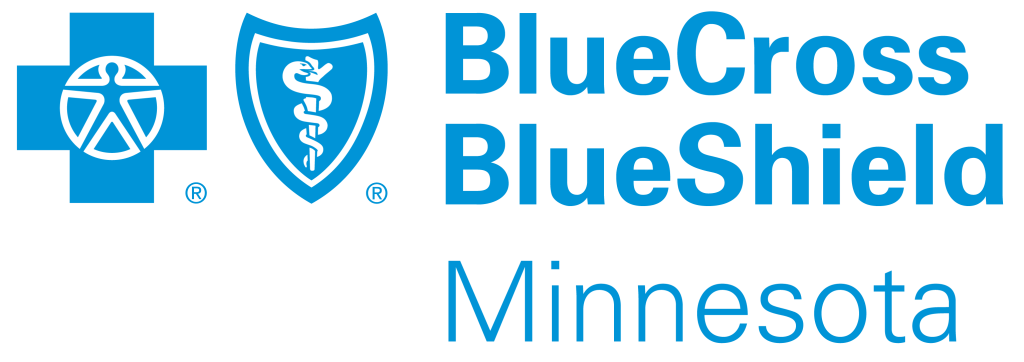If you’re feeling out of sorts, having trouble sleeping or eating, or aren’t interested in taking part in daily activities, you might need to talk to your doctor about depression.
Depression is a common yet serious disorder, and can hit anyone at anytime. In fact, more than 17.3 million adults in the U.S. experienced depression in 2017 alone, according to the National Institute of Mental Health.
Though depression is more common among adults between the ages of 18 and 25, the physical, mental and social changes that come with age can also put older adults at a high risk for the disorder. Numbers vary, but the Geriatric Mental Health Foundation estimates that 15 percent of U.S. adults age 65 and older are affected by depression.
There are many reasons older adults can be especially vulnerable, one being significant physical and social changes.
“Older adults might not be able to do as much social or physical activity as they used to, so that sense of change can make them feel hopeless,” says Merrie J. Kaas, Ph.D., a professor in the School of Nursing at the University of Minnesota.
And as friends, spouses and family members begin experiencing physical and mental changes or pass away, many older adults feel isolated, which can lead to, or worsen depression.
Depression can also occur alongside other health conditions, many of which are common among adults 65 and older. These include Parkinson’s disease, stroke, dementia, heart disease and cancer. Depression can worsen these conditions, and vice versa.
KNOW THE SIGNS
Symptoms of depression will vary depending on the person, but there are some common things to look out for. If you or someone you love has one or more of the symptoms below for longer than two weeks, make an appointment to get screened by your primary care provider or a provider who specializes in mental health conditions (a psychologist or psychiatrist). Some medications and medical conditions may even create the same symptoms of depression; your doctor can help pinpoint the root cause of the symptoms.
Symptoms include:
• Persistent sad or anxious mood
• Irritability or restlessness
• Loss of interest in activities you once enjoyed
• Trouble remembering or concentrating
• Decreased energy
• Loss of appetite or overeating
• Trouble sleeping or sleeping more than usual
• Thoughts of death or suicide You can also take a quick online assessment, or find depression screening sites at helpyourselfhelpothers.org. After completing a screening, you’ll be referred to informational materials about what you can do to help yourself.
If you are diagnosed with depression, there are many treatment options available, including therapy, medications, improving physical health and social engagement.
“I don’t want people to be afraid that if they’re diagnosed with depression that there’s no hope, because there’s always hope,” Kaas says. “People get better.”
CARE FOR CAREGIVERS
Depression can hit the caregivers of older adults as well. In fact, an estimated 20 percent of family caregivers suffer from depression—twice the rate of the general population, according to the Family Caregiver Alliance.
“Caring for an older adult who may have a debilitating chronic illness takes a long time and a lot of effort, and you feel very isolated and alone,” Kaas says.
And often, the caregiver might be an older adult as well (a spouse, friend or sibling), and struggle with many of the same physical and mental changes as the person being cared for.
It’s also common for caregivers to neglect their own health and well-being while caring for a loved one. Research even shows that caregivers are more likely to miss their own health appointments than non-caregivers. Consequently, caregivers might not seek help for depression, or their symptoms might go unnoticed. Left untreated, those symptoms can also wear on the loved one receiving care, causing them to become depressed.
If you’re a caregiver, it’s important to get screened for depression— for your own health and the well-being of your loved one. For caregiver-specific information and resources, check out caregivercornermn.com.


